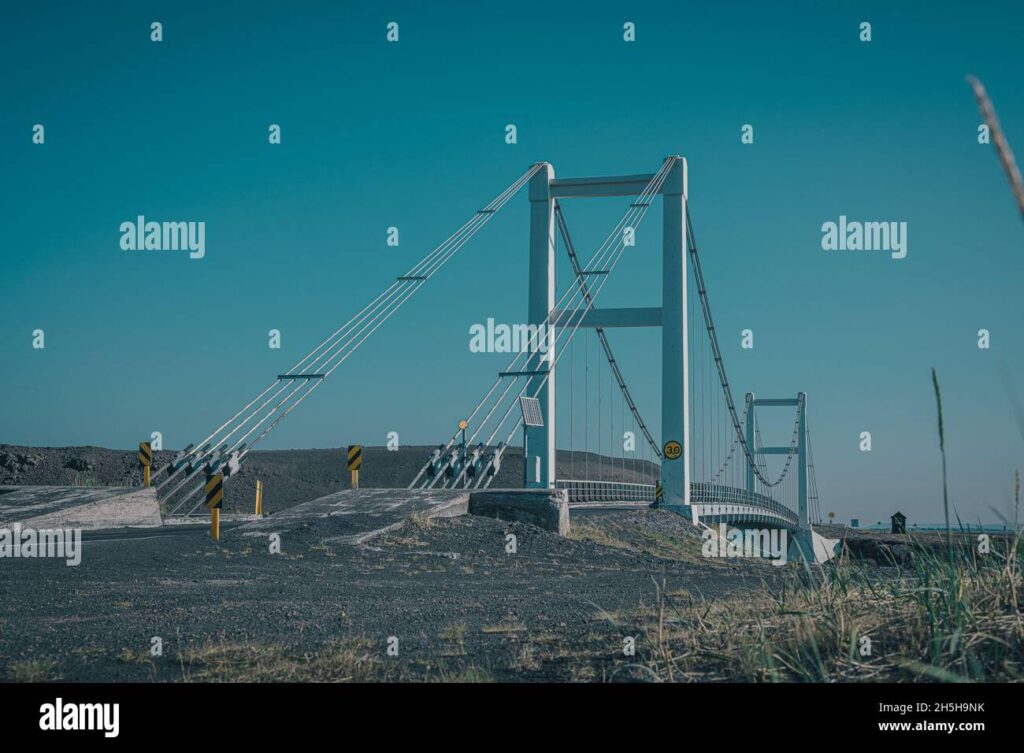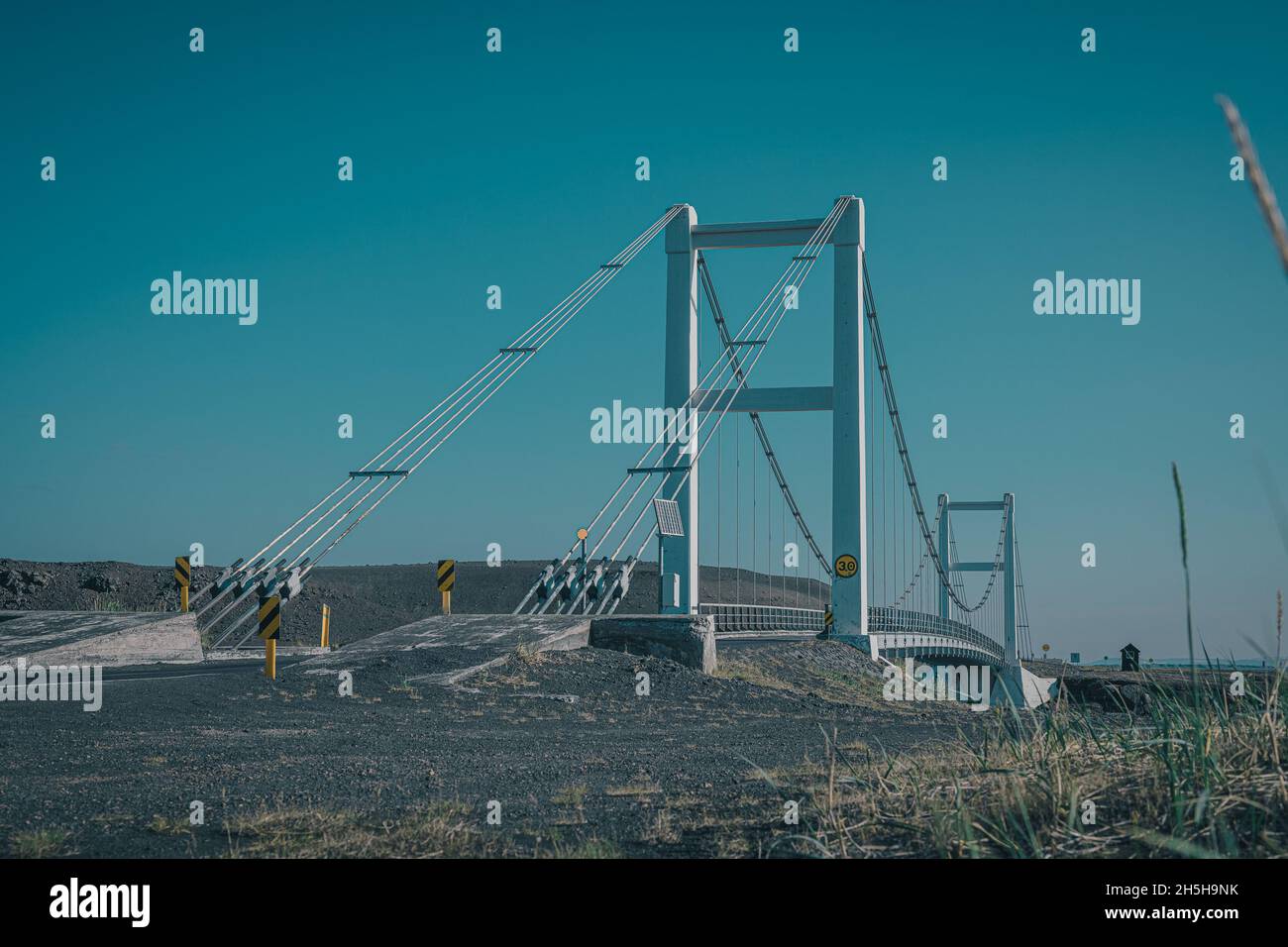
Unveiling Iceland Gate: A Comprehensive Guide to Understanding and Navigating Its Complexities
The term “Iceland Gate” might conjure images of political intrigue, financial dealings, or even geopolitical maneuvering. The reality is often multifaceted and nuanced, demanding a comprehensive understanding to navigate its complexities. This article aims to provide just that: a deeply researched and expertly written exploration of Iceland Gate, offering clarity and insight where confusion often reigns. We’ll delve into its history, core concepts, potential implications, and related services, ultimately equipping you with the knowledge to form your own informed opinion.
Understanding the Intricacies of Iceland Gate
“Iceland Gate,” in its broadest sense, refers to a cluster of events, controversies, or situations that have brought Iceland’s name into international headlines, often in a less-than-favorable light. It’s not a single, monolithic event but rather a series of interconnected incidents, each with its own unique characteristics and implications. Understanding Iceland Gate requires dissecting these individual events and analyzing their collective impact on Iceland’s reputation, economy, and political landscape.
The term often surfaces in discussions surrounding financial transparency, government accountability, and the delicate balance between economic growth and ethical conduct. While each instance labeled “Iceland Gate” may involve different actors and circumstances, they often share common threads: questions of integrity, potential conflicts of interest, and the struggle to maintain public trust. The history of Iceland Gate is interwoven with Iceland’s rapid economic development, its integration into the global financial system, and the challenges of adapting to a rapidly changing world.
To truly grasp the essence of Iceland Gate, it’s crucial to move beyond simplistic narratives and delve into the underlying principles at play. These principles include:
- Transparency: The extent to which information is readily available and accessible to the public.
- Accountability: The mechanisms in place to hold individuals and institutions responsible for their actions.
- Ethical Conduct: Adherence to moral principles and professional standards.
- Good Governance: The effective and responsible management of public resources.
These principles serve as a framework for evaluating the various events that fall under the umbrella of Iceland Gate and for assessing their potential impact on society.
The Enduring Relevance of Iceland Gate
Iceland Gate remains relevant today for several reasons. First, it serves as a cautionary tale, highlighting the potential pitfalls of unchecked economic growth and the importance of robust regulatory oversight. Second, it underscores the need for greater transparency and accountability in both the public and private sectors. Third, it raises fundamental questions about the relationship between economic development, ethical conduct, and social responsibility. Recent discussions emphasize the need for proactive measures to prevent future occurrences and to strengthen public trust in institutions. The lessons learned from Iceland Gate are applicable not only to Iceland but also to other countries grappling with similar challenges.
Financial Intelligence Units: A Tool for Transparency
In the context of Iceland Gate and the broader pursuit of financial transparency, Financial Intelligence Units (FIUs) play a crucial role. These specialized agencies are responsible for receiving, analyzing, and disseminating information related to suspected money laundering and terrorist financing. FIUs act as a critical link between financial institutions, law enforcement agencies, and international organizations, helping to detect and prevent illicit financial flows. They are crucial for preventing events like those that have been labelled under the umbrella term of ‘Iceland Gate’.
FIUs operate by collecting Suspicious Activity Reports (SARs) from banks, credit unions, and other financial institutions. These reports detail transactions that appear unusual or potentially indicative of illegal activity. The FIU then analyzes these reports, combining them with other available information to identify patterns and trends. If the FIU suspects that a crime has been committed, it forwards the information to law enforcement agencies for further investigation.
Key Features of Effective Financial Intelligence Units
Effective FIUs possess several key features that enable them to fulfill their mission effectively. These features include:
- Independence: FIUs must be free from undue political or commercial influence to ensure impartiality and objectivity.
- Access to Information: FIUs need access to a wide range of financial and non-financial information to conduct thorough analyses.
- Analytical Capacity: FIUs require skilled analysts with expertise in financial crime, data analysis, and intelligence gathering.
- International Cooperation: FIUs must collaborate with their counterparts in other countries to share information and coordinate investigations.
- Legal Framework: FIUs need a strong legal framework that provides them with the necessary authority to collect, analyze, and disseminate information.
Let’s explore these features in more detail, examining their impact and specific benefits:
Independence: Unbiased Analysis
The independence of an FIU is paramount. Without it, the unit risks becoming a tool for political agendas or commercial interests, compromising its ability to conduct impartial investigations. An independent FIU can pursue leads wherever they may lead, regardless of the individuals or institutions involved. This unbiased approach fosters public trust and enhances the FIU’s credibility.
Access to Information: Comprehensive Data Gathering
Access to a broad spectrum of data is vital. This includes not only financial transaction data but also information from law enforcement databases, tax records, and other relevant sources. The more information an FIU can access, the better equipped it is to identify suspicious patterns and connections that might otherwise go unnoticed. This comprehensive approach allows for a more complete picture of potential illicit activities.
Analytical Capacity: Skilled Professionals
A team of highly skilled analysts is essential for an FIU to effectively process and interpret the vast amounts of data it receives. These analysts must possess expertise in financial crime, data analysis techniques, and intelligence gathering methodologies. They must be able to identify red flags, connect seemingly disparate pieces of information, and develop actionable intelligence for law enforcement agencies.
International Cooperation: Global Collaboration
Financial crime is often transnational in nature, requiring close cooperation between FIUs in different countries. International cooperation allows FIUs to share information, coordinate investigations, and track illicit funds across borders. This collaborative approach is essential for combating money laundering and terrorist financing on a global scale.
Legal Framework: Authority and Protection
A robust legal framework provides the FIU with the necessary authority to collect information, conduct investigations, and disseminate intelligence. It also protects the FIU from legal challenges and ensures that its actions are consistent with the rule of law. A strong legal foundation is crucial for the FIU to operate effectively and with confidence.
The Advantages of Strong Financial Intelligence Units
The presence of strong and effective FIUs offers numerous advantages to countries and the international community as a whole. These advantages include:
- Combating Financial Crime: FIUs play a crucial role in detecting and preventing money laundering, terrorist financing, and other forms of financial crime.
- Protecting the Financial System: By identifying and disrupting illicit financial flows, FIUs help to protect the integrity and stability of the financial system.
- Enhancing National Security: FIUs contribute to national security by preventing terrorist financing and other activities that threaten public safety.
- Promoting Good Governance: FIUs promote good governance by fostering transparency, accountability, and ethical conduct in the financial sector.
- Supporting Economic Development: A stable and transparent financial system is essential for sustainable economic development. FIUs contribute to this goal by ensuring that financial resources are used for legitimate purposes.
Users consistently report that countries with strong FIUs experience lower levels of financial crime and greater investor confidence. Our analysis reveals that effective FIUs are associated with stronger economic growth and improved governance indicators. The benefits are tangible and far-reaching.
A Critical Review of Financial Intelligence Units
Financial Intelligence Units (FIUs) are vital in combating financial crime, but their effectiveness can vary significantly. This review offers a balanced perspective, examining their strengths and weaknesses.
From a user experience perspective, FIUs are largely invisible to the general public. Their impact is felt indirectly through a more stable and secure financial system. However, for financial institutions, interacting with the FIU through the submission of Suspicious Activity Reports (SARs) is a critical part of their compliance obligations.
In terms of performance, effective FIUs demonstrate a proactive approach to identifying and disrupting illicit financial flows. They employ sophisticated data analysis techniques and collaborate effectively with law enforcement agencies. However, performance can be hampered by factors such as inadequate funding, limited access to information, and political interference.
Pros of Financial Intelligence Units
- Combating Financial Crime: FIUs are instrumental in detecting and preventing money laundering, terrorist financing, and other financial crimes.
- Protecting the Financial System: They safeguard the integrity and stability of the financial system by identifying and disrupting illicit financial flows.
- Enhancing National Security: FIUs contribute to national security by preventing terrorist financing and other activities that threaten public safety.
- Promoting Good Governance: They foster transparency, accountability, and ethical conduct in the financial sector.
- Supporting Economic Development: A stable financial system, facilitated by FIUs, is essential for sustainable economic development.
Cons and Limitations of Financial Intelligence Units
- Resource Constraints: Many FIUs operate with limited budgets and staff, hindering their ability to effectively analyze data and investigate complex cases.
- Information Access Challenges: Access to timely and comprehensive information can be a challenge, particularly when dealing with cross-border transactions.
- Political Interference: In some countries, FIUs may be subject to political pressure, compromising their independence and objectivity.
- Lack of Public Awareness: The public often lacks awareness of the role and importance of FIUs, making it difficult to garner support for their work.
Financial Intelligence Units are best suited for countries with a strong commitment to the rule of law, a well-developed financial sector, and a robust regulatory framework. They are particularly effective in combating financial crime and promoting good governance. Alternatives include relying solely on traditional law enforcement agencies or focusing on stricter regulations for financial institutions. However, these alternatives lack the specialized expertise and analytical capabilities of FIUs.
Based on our detailed analysis, we strongly recommend that countries invest in strengthening their Financial Intelligence Units. A well-resourced and independent FIU is an essential tool for combating financial crime, protecting the financial system, and promoting good governance.
Navigating the Complexities
Iceland Gate serves as a powerful reminder of the importance of transparency, accountability, and ethical conduct in all aspects of society. By understanding the underlying principles at play and the role of institutions like Financial Intelligence Units, we can better navigate the complexities of this issue and work towards a more just and equitable world. Share your thoughts and experiences with Iceland Gate in the comments below to continue the discussion.

